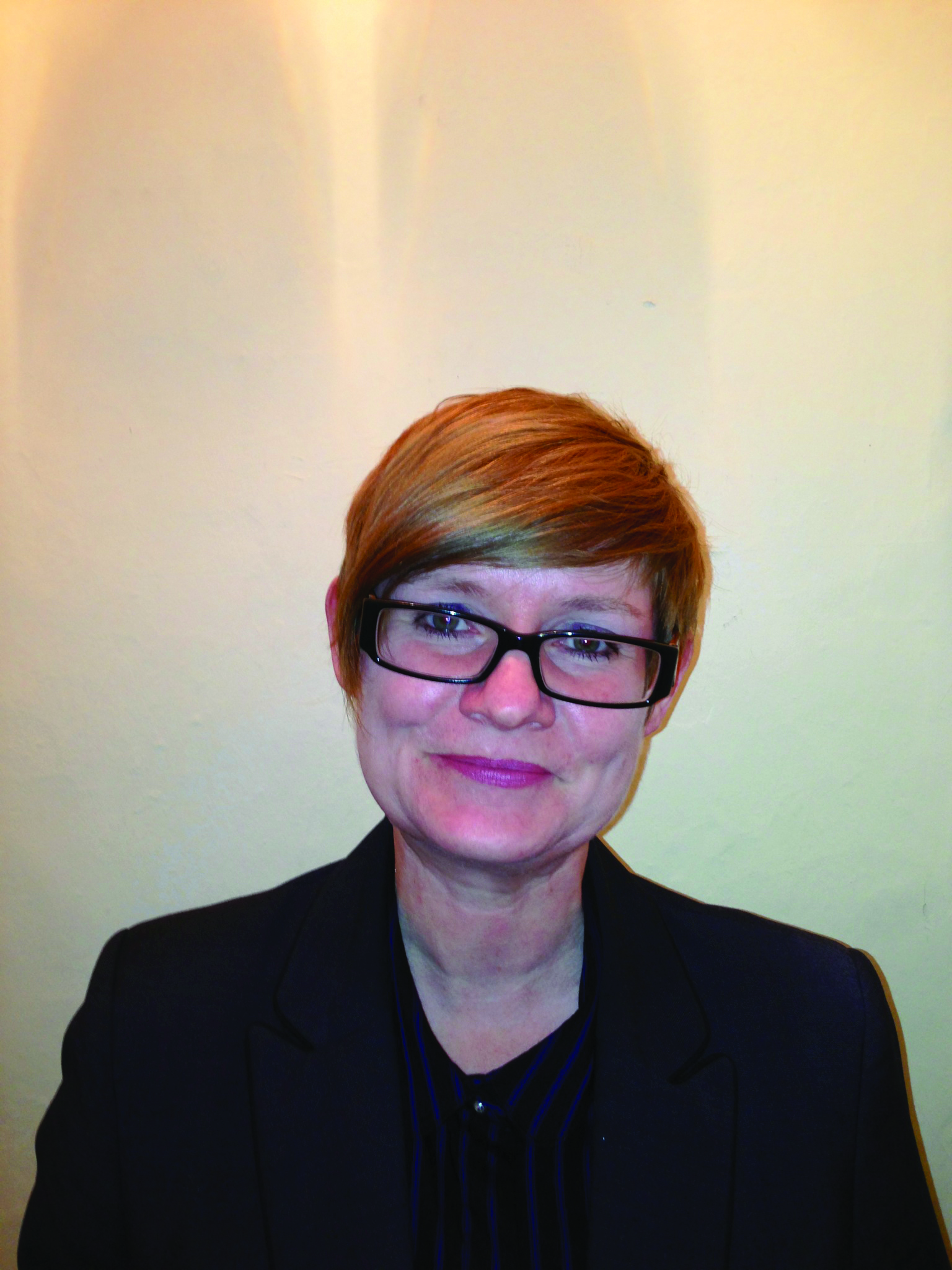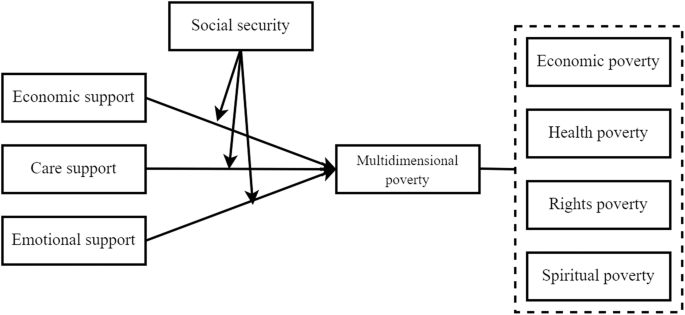
- Select a language for the TTS:
- UK English Female
- UK English Male
- US English Female
- US English Male
- Australian Female
- Australian Male
- Language selected: (auto detect) - EN
Play all audios:
The Greek philosopher Heraclitus wrote that the only constant in our world is change. This idea applies to the current state of pre-registration nursing, which is once again undergoing
review. Claudine Wetherall In fact, the whole arena of practice learning is attracting attention. The Royal College of Nursing and the Nursing and Midwifery Council are both conducting
consultations on how we support learners in practice and what we can do better. These will surely provide new and exciting opportunities for developing practice learning, but we must be
careful not to throw the baby out with the bathwater. What is needed is not radical solutions, but stability. We need to think carefully about how what we are doing now works, and how best
to use the resources at our disposal. There is one constant: the registrants who work day in and day out in practice, many - but not all - alongside students. Perhaps we should be thinking
now about a framework for practice learning that builds on what we have, making better use of existing reserves of talent. The knowledge and skills of registrants who are not mentors are a
valuable and often untapped resource. Our research suggests that while most mentors find their role richly rewarding, they report that some of their registered colleagues are unwilling to
contribute to student learning, even though facilitating learning is an NMC requirement. For the health and integrity of the profession, this culture has to change. Some will argue that not
everyone has the qualities or attributes required to support learners, but if we accept this, we are allowing and accepting a continuation of this culture. In any case, are these not the
same attributes we need to care for our service users? It may well be that not everyone is cut out to be a mentor, but we need people in practice areas who can model what good mentoring
looks like, and identify and develop those with the potential to be good mentors, so that those who want to mentor and can mentor get the chance to mentor. However, there should be a formal
expectation that all registrants work with students, in a coaching role, developing their knowledge and skills. This would allow students to learn from a variety of individuals, which could
be fed into the assessment process, making it less personal for students and easing the pressure mentors say they feel at times. This arrangement would allow students to spend more time
learning with registered practitioners, which is important if we want learners to understand their role fully and function effectively. Supporting students offers benefits for mentors, too.
They have told us that it helps them to keep their own knowledge and skills up to date. With this in mind, Anglia Ruskin University and the University of Essex have developed an enhanced
practice support framework embedding these principles, which is being piloted in clinical areas for Health Education East of England. A report on its findings is due in September 2015.
Whatever happens, any conversation about practice learning must consider the culture and context of the NHS and what mentors are saying about their experiences. Abdicating responsibility for
supporting students in practice should not be an option, but neither should there be a compulsory requirement to complete mentorship programmes. Shaping a skilled, compassionate and capable
workforce is central to the future delivery of high-quality care. This is far too important a task to be left to a few individuals and has to be every registrant’s professional
responsibility. _Claudine Wetherall is senior lecturer at the Faculty of Medical Science, Anglia Ruskin University_



